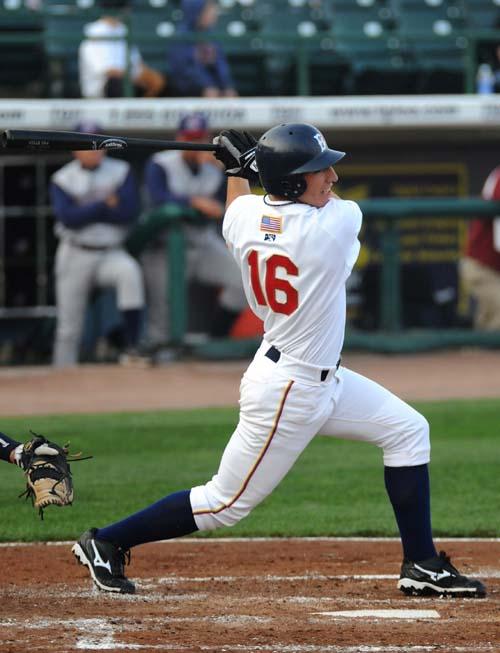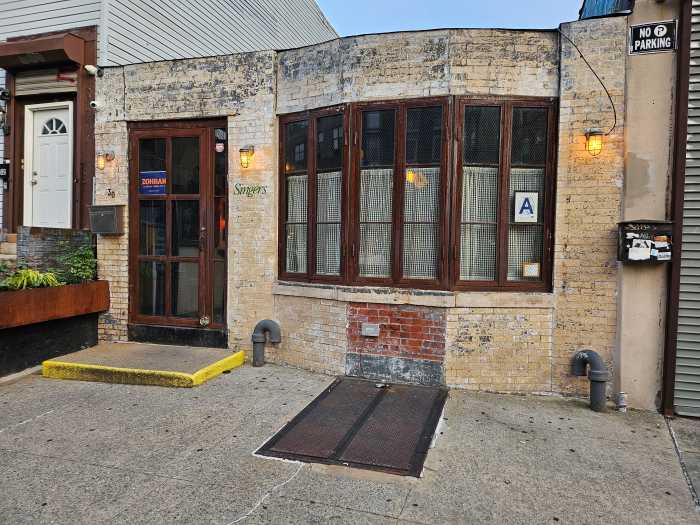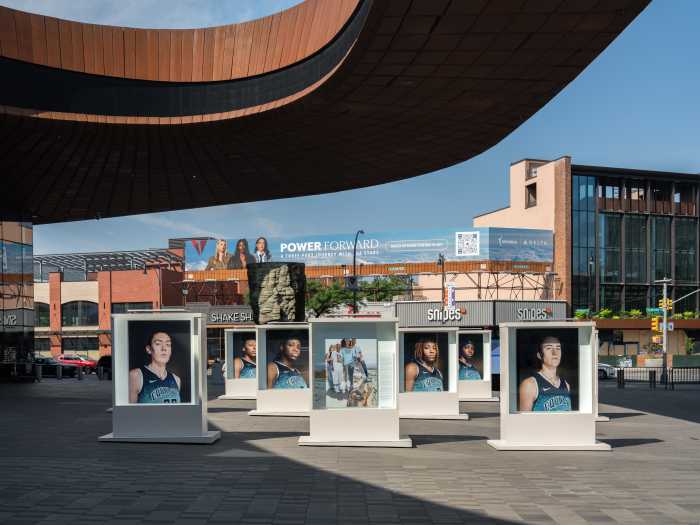To get a more intimate glimpse into the world of minor league baseball, Courier-Life has been following the season of Cyclones right fielder John Servidio, a recent 26th round draft pick out of Barry University in Miami.
But on July 8, the plans of both newspaper and ballplayer met a hitch when the slumping Servidio was sent down to the Mets “Rookie”-level affiliate in Kingsport, Tenn.
The careers of minor league ballplayers are precarious, their professional survival hinging on their ability to ascend through the organization. Not even a month into his pro career, Servidio was faced with a worst-case scenario: he had descended the organizational ladder.
He heard the news while sitting in the Olive Garden in Times Square with teammates Zach Lutz and Brad Holt, an off-day indulgence for Cyclones players who rarely set foot outside a few-block radius of their dorms at Brooklyn Polytechnic University.
Manager Edgar Alfonzo called Servidio’s cell phone to tell him. Alfonzo didn’t offer an explanation and Servidio, reeling from the shock, didn’t ask for one.
He speculated, however, that his slump might have played a part.
“I was hitting very sub-standard – I know I’m in a funk,” he said. “It’s just a very competitive business. The way you play controls your fate.”
When he told Lutz and Holt what happened, “They thought I was messing with them. Then they realized by my demeanor that I wasn’t.”
He cancelled his pasta order and left the restaurant. Utterly alone, he walked through the garish lights of Times Square on the way to the 42nd Street F train station.
At the snap of the fingers of Tony Bernazard, the Mets assistant GM, Servidio would trade New York for Kingsport, a “city” of 44,000 tucked in the northeast corner of Tennessee.
It turned out that Servidio’s roommate Josh Satin, a recent 5th round draft pick and Brooklyn’s starting second baseman, had also been sent down. But while the pair packed their bags and waited for their 4 a.m. ride to JFK airport, not a word was uttered about their shared experience.
To Servidio, it is a matter of boundaries and etiquette.
“I try to stay away from getting into personal questions with someone else. I understand how personal it can get for me, so I try not to get into somebody’s business,” he said.
A sleepless few hours passed before he and Satin embarked for the Tri-Cities regional airport in Blountville, Tenn. (pop. 2,959). From there, he took a bus to Elizabethton, Tenn. (13,372), for a night game against the Elizabethton Twins.
When he hit the field, the abruptness of his displacement hit home: Two days earlier, he was playing in front of 8,000 Brooklynites. Now, there were 1,000 Appalachians in the stands. It was a demotion indeed.
Servidio also noticed a difference in how the game was approached down South. Sure, Keyspan Park was no Shea Stadium, but New York is still New York, the most pressurized environment on earth.
Appalachia, on the other hand, “was much more relaxed. You kinda just go out there and play. The energy level is much lower,” Servidio said.
But between the white lines, “Getting a hit is still the most exciting thing in the world. Getting out is still one of the most disappointing things. It always feels the same.”
But “feeling the same” wasn’t exactly a good thing for Servidio. His struggles continued in Tennessee, where he failed to get a hit in his first five at bats.
But then, on Sunday night, with another snap of Tony Bernazard’s fingers, the whole thing was over as abruptly as it began.
After a game in Pulaski, Tenn. (pop. 7,871), Kingsport manager Pedro Lopez called Servidio into his office and told him he was due back on a flight to Brooklyn early the next morning. (Josh Satin was called up Brooklyn on Monday as well.)
As was the case when he was sent down, Servidio never asked why.
He didn’t sleep either, happy the bad dream in Kingsport was over and his career was back on track.

























